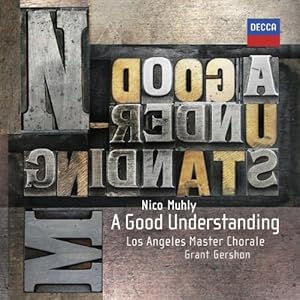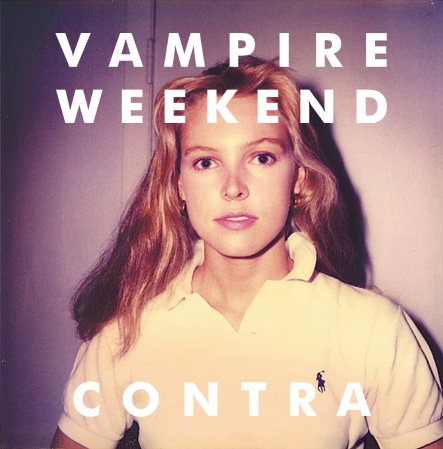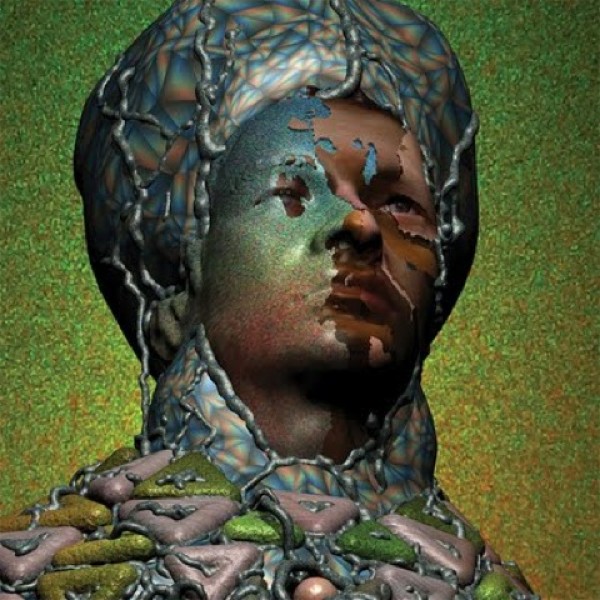 Although The National has always been a bit too serious to make it big in the pop world and a bit too simple to create any big splashes in the post-rock world, these guys have been patiently creating dark and brooding rock for years now. And although it would be easy to write off High Violet as more of the same, it might just be The National's best release yet. Backed by one of the most solid rhythm sections around, the songwriting force that is Matt Berninger and Aaron Dressner truly shines in High Violet. Matt Berninger, the lead vocalist, narrates us through eleven heartbreakingly ordinary stories that resonate with the economically recessed, socially estranged, and depression pill-addicted generations of lowbrow America. Although The National isn't into making preachy political statements or delivering social commentaries, their emotional profile snapshots paint a particularly bleak depiction of modern life. Dressner's heroes range from paranoid fathers ("Afraid of Everyone") to high school runaways ("Anyone's Ghost") and doomed lovers ("Runaway"), presenting them just as they are without ever looking down on them. In other words, when Dressner mutters "Sorrow found me when I was young/Sorrow waited, sorrow won", seemingly under his breathe, you'd better believe he means it; there isn't an ounce of insincerity in this guy's bones. And just as The National seeks to capture these unique moments of emotion and honesty in words, they also match their themes with seemingly ordinary, but daringly unique moments of music as well.
Although The National has always been a bit too serious to make it big in the pop world and a bit too simple to create any big splashes in the post-rock world, these guys have been patiently creating dark and brooding rock for years now. And although it would be easy to write off High Violet as more of the same, it might just be The National's best release yet. Backed by one of the most solid rhythm sections around, the songwriting force that is Matt Berninger and Aaron Dressner truly shines in High Violet. Matt Berninger, the lead vocalist, narrates us through eleven heartbreakingly ordinary stories that resonate with the economically recessed, socially estranged, and depression pill-addicted generations of lowbrow America. Although The National isn't into making preachy political statements or delivering social commentaries, their emotional profile snapshots paint a particularly bleak depiction of modern life. Dressner's heroes range from paranoid fathers ("Afraid of Everyone") to high school runaways ("Anyone's Ghost") and doomed lovers ("Runaway"), presenting them just as they are without ever looking down on them. In other words, when Dressner mutters "Sorrow found me when I was young/Sorrow waited, sorrow won", seemingly under his breathe, you'd better believe he means it; there isn't an ounce of insincerity in this guy's bones. And just as The National seeks to capture these unique moments of emotion and honesty in words, they also match their themes with seemingly ordinary, but daringly unique moments of music as well. Although their traditional 5-piece lineup is down-to-earth and honest, they manage to make some pretty unusual sounds feel like home as well. The opening track, "Terrible Love", begins with electric guitar distortions and feedback that are just the right amount lo-fi and just the right amount triumphant rock. Later on, in instant classics like "Bloodbuzz Ohio", Bryan Devendorf's upbeat drumming contrasts with the monotonous rumblings of Berninger, like memories of the past trying to conjure up emotions out of an aging man. It is refreshing to hear a band that isn't obsessed with trying to reinvent itself all the time, but instead comfortable with who they are. Like they have successfully done in the past three albums, The National continues to be the under-appreciated serious rock band that they always have been, successfully capturing the provocative moments of modern life, in all their deep emotion and complexity.












